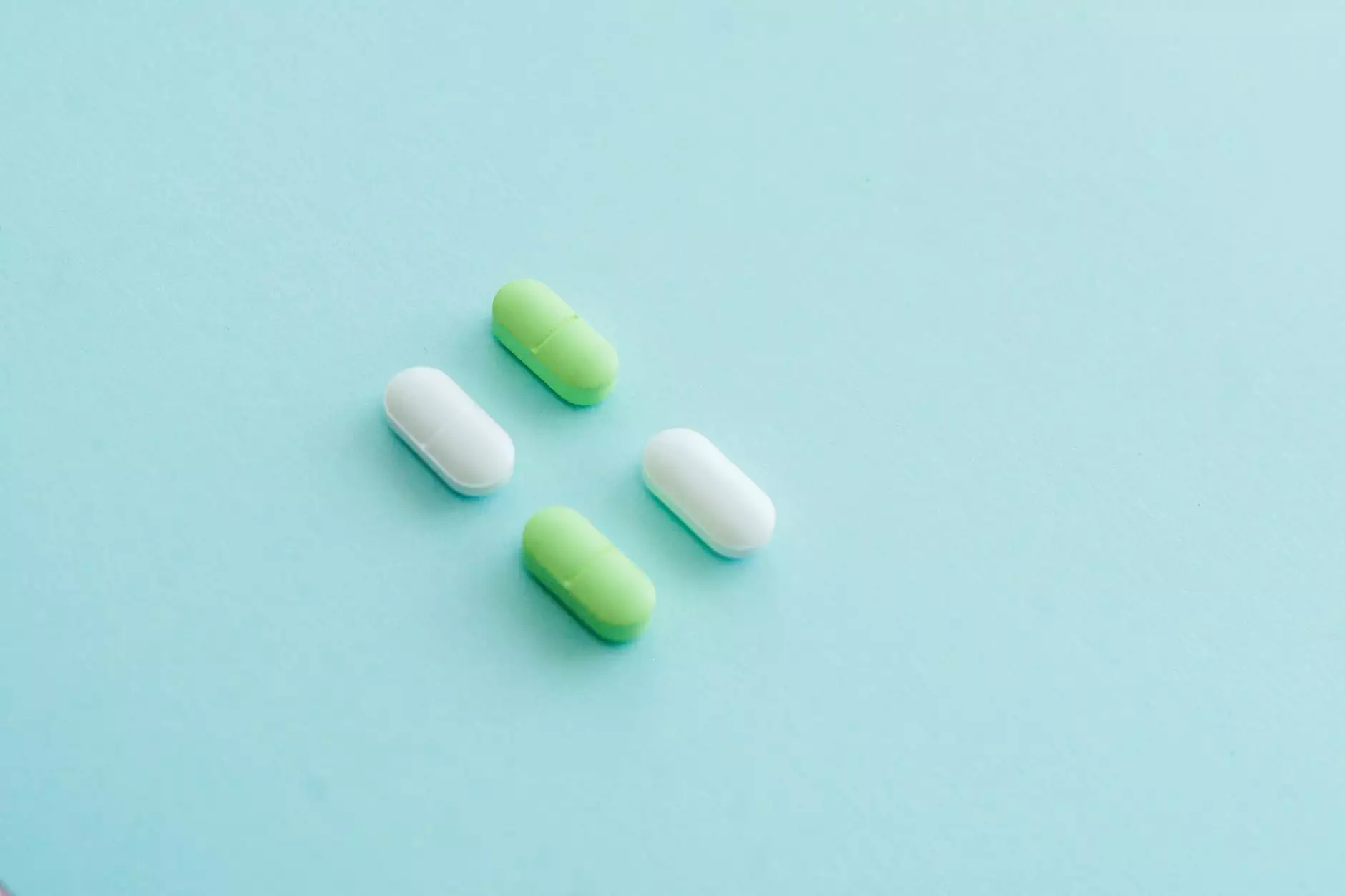Comprehensive Guide to Chemicals for Water Treatment: Ensuring Clean and Safe Water Systems

In today's world, water treatment chemicals are the backbone of modern water management systems. As industries grow and urbanization accelerates, the demand for effective, reliable, and eco-friendly chemicals for water treatment has never been higher. From municipal water supplies to industrial processes, these chemicals play a critical role in maintaining water quality, protecting public health, and complying with environmental standards.
Why Chemicals for Water Treatment Are Essential in Modern Water Management
Effective water treatment is a complex, multi-stage process that ensures water is safe for consumption, industrial use, and environmental discharge. At the heart of this process are various chemicals for water treatment designed to eliminate contaminants, control biological growth, and prevent scaling and corrosion.
Key reasons why chemicals for water treatment are indispensable include:
- Ensuring Public Health: Removing pathogens, bacteria, and viruses from drinking water.
- Protecting Infrastructure: Preventing corrosion and scaling inside pipes and industrial equipment.
- Environmental Compliance: Meeting stringent regulations on water discharge and pollution control.
- Process Optimization: Improving efficiency and lifespan of water treatment systems.
- Cost-Effectiveness: Reducing maintenance costs and minimizing chemical usage through optimized treatment protocols.
Types of Chemicals for Water Treatment: An In-Depth Overview
The range of chemicals for water treatment is vast, each tailored to specific treatment goals. Understanding these categories helps in selecting the most appropriate chemicals for your water management needs.
1. Coagulants and Flocculants
These chemicals are essential for removing suspended solids, colloids, and organic matter from water. They facilitate the aggregation of fine particles into larger flocs, making filtration more effective. Common coagulants include Alum (aluminum sulfate), ferric chloride, and polyaluminum chloride.
2. Disinfectants
To eliminate pathogenic organisms, disinfection is vital. Typical disinfectants include:
- Chlorine – Most widely used due to its reliability and cost-effectiveness.
- Ozone – Powerful oxidant suitable for high-quality water production.
- Ultraviolet (UV) Light – Used for pathogen inactivation without chemical additives.
3. pH Adjusters
Maintaining optimal pH is crucial for effective water treatment and system longevity. Chemicals like sodium hydroxide (caustic soda) and sulfuric acid are used to raise or lower pH levels accordingly.
4. Anti-Scaling and Corrosion Inhibitors
These chemicals protect pipelines and equipment from buildup and deterioration. Phosphates, polyphosphates, and certain polymers serve as effective inhibitors, extending the lifespan of treatment infrastructure.
5. Algaecides and Biocides
To prevent biological growth in reservoirs, cooling towers, and industrial water systems, algaecides such as copper sulfate or non-oxidizing biocides are employed. These chemicals help maintain water quality and system efficiency.
6. Oxidizing Agents
Oxidants like hydrogen peroxide and potassium permanganate are used to remove organic contaminants, iron, manganese, and other impurities through oxidation processes.
Best Practices in Selecting and Using Chemicals for Water Treatment
Effective water treatment hinges not only on the right chemicals but also on their correct application. Here are some best practices to optimize your water treatment processes:
Accurate Water Testing and Analysis
Before selecting chemicals, comprehensive analysis of the water source is essential. Understanding parameters such as pH, turbidity, microbial content, and chemical composition enables precise treatment chemicals selection.
Customized Treatment Protocols
No two water sources are identical. Tailored treatment protocols, considering specific water quality issues, can significantly improve efficiency and cost-effectiveness.
Proper Dosing and Monitoring
Overdosing or underdosing chemicals can lead to ineffective treatment or environmental harm. Real-time monitoring systems and automated dosing can help maintain optimal chemical levels.
Environmental and Safety Considerations
Choose environmentally friendly and biodegradable chemicals whenever possible. Proper handling, storage, and disposal practices are critical to ensure safety for personnel and compliance with regulations.
Innovations in Chemicals for Water Treatment
The science of water treatment chemicals is continually advancing, driven by the need for more sustainable and efficient solutions. Recent innovations include:
- Bio-based Chemicals: Using natural, biodegradable chemicals to reduce environmental footprint.
- Smart Chemicals: Formulations that change activity based on water conditions for targeted treatment.
- Nanotechnology: Enhanced disinfectants and filtration agents with increased effectiveness at lower doses.
- Green Chemistry Approaches: Developing chemicals that minimize toxicity and facilitate recycling or safe degradation.
Why Choose Groupleefkimyadisticaret for Your Water Treatment Chemicals?
As a leading provider in the chemicals industry, groupleefkimyadisticaret.com offers a comprehensive selection of high-quality chemicals for water treatment. Our commitment to excellence, eco-friendly solutions, and client satisfaction ensures that your water management needs are met with professionalism and precision.
Our advantages include:
- Extensive Product Range: From coagulants to disinfectants, we cover all essentials.
- Expert Consultations: Our specialists provide tailored advice for your specific water treatment challenges.
- Competitive Pricing: We offer high-quality chemicals at affordable prices to maximize your budget.
- Fast Delivery: Reliable logistics ensure your chemicals arrive on time, preventing treatment delays.
- Sustainable Solutions: Our products prioritize environmental impact and safety.
Conclusion: Investing in Quality Chemicals for Sustainable Water Treatment
The significance of chemicals for water treatment cannot be overstated. Their proper selection, application, and management are fundamental to ensuring water safety, infrastructure protection, and environmental compliance. As industries and municipalities strive for sustainable practices, innovative and eco-friendly chemicals pave the way for a healthier planet and a safer future.
Trust groupleefkimyadisticaret.com as your reliable partner in providing top-tier chemicals for water treatment. Embrace the benefits of advanced water treatment solutions and commit to a smarter, safer, and more sustainable way of managing water resources.









